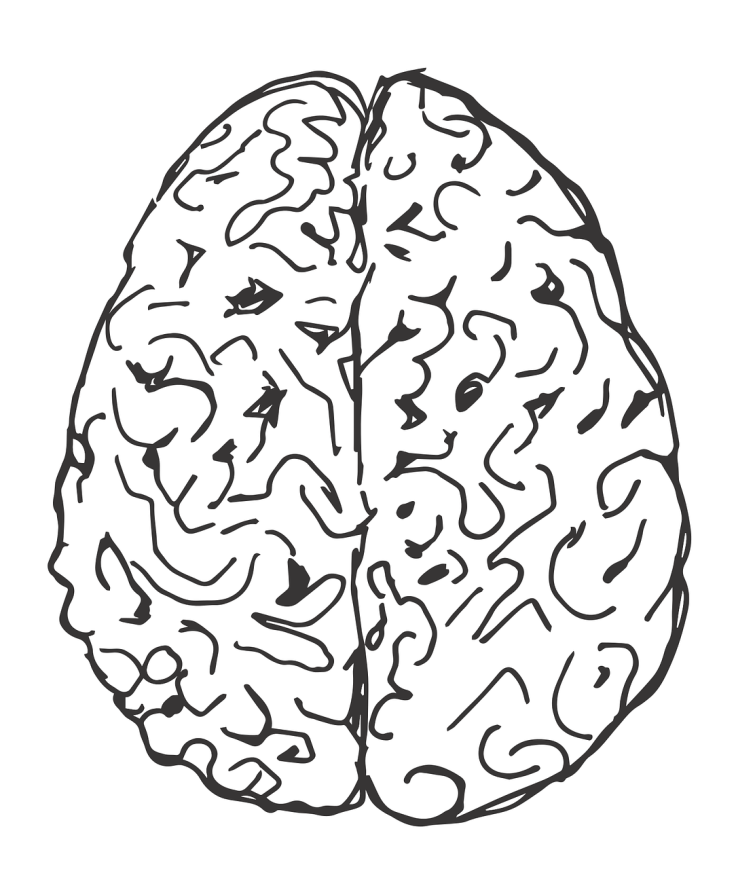Can Weed Cure Cancer? Marijuana Helps Fight Glioblastoma Multiforme, One Of The Deadliest Forms Of Brain Cancer

Marijuana might just be a cure for brain cancer, at least that’s what GW Pharmaceuticals in the UK hopes. The company is working on a new treatment using active compounds found in weed, and so far, their results have been promising.
The study looked at a small sample of 21 patients with glioblastoma multiforme, an aggressive brain tumor that typically has a life expectancy of 15 months past diagnosis. In the phase two study, some patients were given a proprietary blend of tetrahydrocannabinol (THC) and cannabidiol (CBD), two ingredients found in marijuana. The remaining participants received a placebo.
Read: Medical Cannabis 2016: New Benefits Of Medicinal Marijuana
Patients that had recurrent GBM tumors who were treated with the medication had an 83 percent one-year survival rate. Those in the placebo group had a significantly lower one-year survival rate at 53 percent.
"The findings from this well-designed controlled study suggest that the addition of a combination of THC and CBD to patients on dose-intensive temozolomide produced relevant improvements in survival compared with placebo and this is a good signal of potential efficacy," Professor Susan Short, PhD, and lead study author said in a statement.
While rare, GBM is the most common and deadliest type of malignant brain tumor, according to BrainTumor.org. Each year, about two or 3 new diagnoses are made per 100,000 people in the United States and Europe.
GW’s Chief Executive Officer Justin Gover believes this research is a starting point for the company to further the studies of cannabinoids for health purposes.
Read: Pancreatic Cancer Survival Rates 2017: Early Diagnosis Of Deadly Cancer Now Possible With Blood Test
"We believe that the signals of efficacy demonstrated in this study further reinforce the potential role of cannabinoids in the field of oncology and provide GW with the prospect of a new and distinct cannabinoid product candidate in the treatment of glioma," Gover said in a statement.
Even though many states are passing laws permitting the use of medical marijuana, it is still a federally illegal substance, which limits research. Currently, cannabis is not approved by the FDA as a legitimate treatment for cancer.
See Also:
Cancer Treatment Breakthrough: Researchers Engineer A Way To Make Leukemia Cells Kill Each Other



























